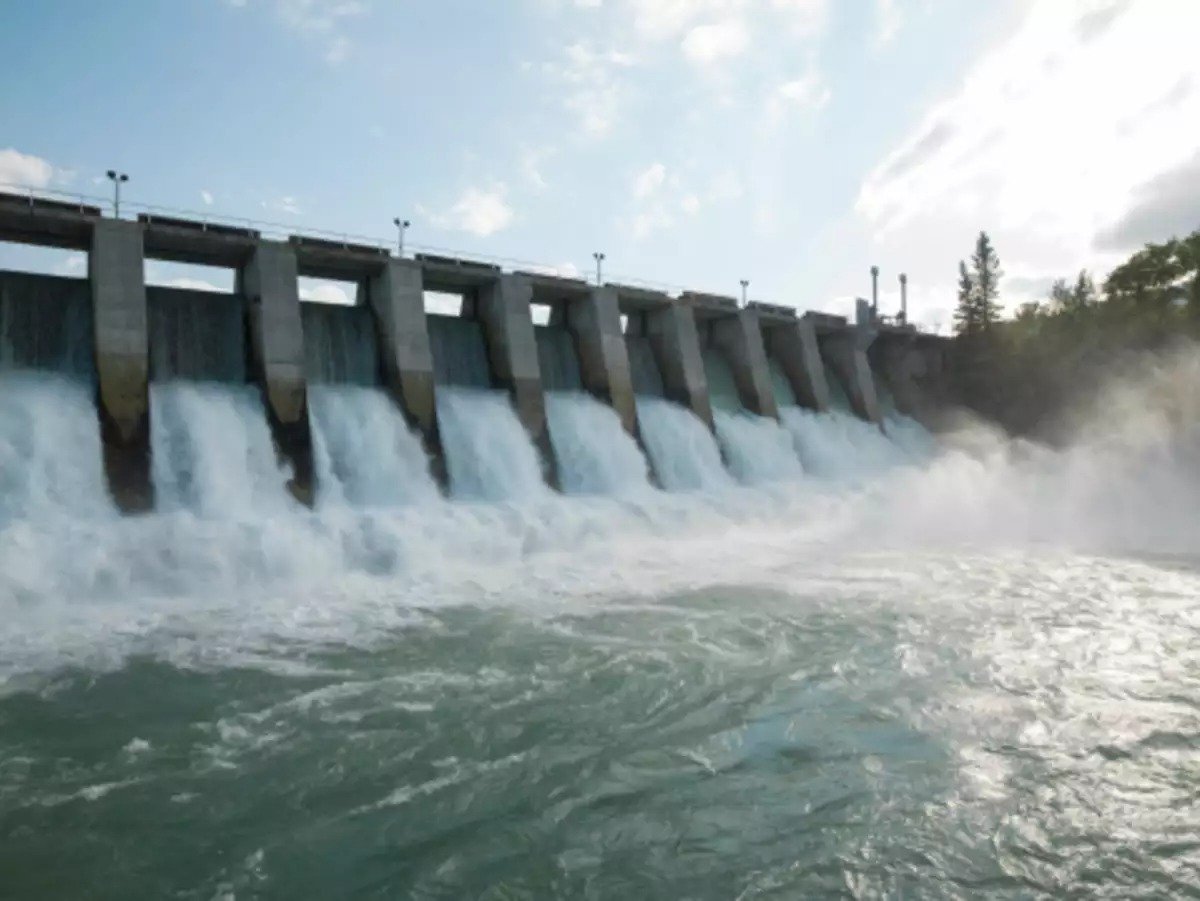Jammu: The Comptroller and Auditor General (CAG) said out of 374 identified project sites with power generation capacity of 1,725.53 MegaWatts, only 10 projects with 79.75 MW capacity had been commissioned with time overrun ranging between four months and seven years.
The hydro power potential of Jammu and Kashmir has been estimated at 20,000 MW which includes 1,500 MW in respect of small hydro projects. As of October 2021, only 2,813.46 MW (16 per cent) of this potential had been harnessed, which included 79.75 MW of small hydro projects.
“The main objective of hydro policy for small hydro project/mini hydro projects for expeditious development of available hydro power of Jammu and Kashmir was not achieved. Out of 374 identified project sites with power generation capacity of 1,725.53 MWs, only 10 projects with capacity of 79.75 MWs (five per cent) had been commissioned with time overrun ranging between four months and over seven years,” the CAG said in its report tabled in the parliament on Tuesday.
The report on compliance audit for the year ended March 31, 2021 said while no action was taken for 225 sites (60 per cent) after their identification, bids were invited for 115 sites (31 per cent) only.
“No response was received for 70 sites and out of 45 sites awarded for development of hydro power projects, 32 IPPs (Independent Power Producers) either failed to fulfil commitments like obtaining statutory clearances for execution of projects or did not deposit upfront premium or the allotment of projects was terminated due to land issues, slow progress and techno-economic viability reasons,” the CAG said.
It said for 20 sites proposed under Prime Minister’s Development Package, the Centre had not acceded to the request of the government of J&K for release of funds in view of high project cost and unviable tariff of these 20 projects.
“Nodal agencies did not coordinate with line departments/agencies for facilitating IPPs in obtaining clearances, approvals and finances for their projects in a time bound manner. Execution of projects was also not monitored,” the report said.
It said the IPPs had also attributed poor performance in development of projects inter alia to lack of financing by banks due to non-availability of buy back agreement with the J&K government.
“Failure of JKPDC (Jammu and Kashmir Power Development Corporation) in ensuring completion of transmission line alongside the commission of hydro project at Dah resulted in non-utilisation of power generation of 59.37 MUs and consequent loss of revenue of ₹ 16.45 crore,” the CAG said.
It said three projects with generation capacity of 12 MWs were selling power outside the UT thereby defeating the objective of hydro policy for providing solution to the energy problems in remote and hilly areas of the Union Territory, where the power demand was estimated at 4,217 MW (21,887 MUs) ending 2021-22.
To encourage private sector participation in development of hydropower projects with a capacity of up to 25 MW, the J&K government initially brought out in October 2003 a policy to generate power through small hydropower sources of energy.
In order to give further impetus to exploitation of hydel potential, the government revised the state hydel policy in July 2011 to facilitate projects with installed capacity of 2-100 MWs by IPPs and stipulated penalty on the failure to meet the timelines fixed for execution of projects by IPPs.
“Audit noticed that JKPDC allotted nine projects with potential of 92.50 MW between November 2012 and July 2014. Five IPPs failed to deposit up-front premium of ₹ 1.98 crore and did not take up the allotted projects.
“The timelines for financial closure of remaining four projects which were fixed between May 2015 and January 2017 were not adhered to by IPPs. However, JKPDC did not invoke penal provisions for delay in financial closure of these projects due to which penalty of ₹ 12.60 crore could not be imposed on defaulting IPPs. Further, JKPDC had not executed implementation agreement with IPPs for timely completion of projects as mandated in the hydro policy-2011,” the report said.
In its recommendations, the CAG said the lack of ease of doing business for IPPs should be addressed and hydro policy 2011 revisited.
It also suggested feasible identification of sites, prompt DPR finalisation, handholding of IPPs in land acquisition and statutory clearances as well as obtaining of finances and assistance so that IPPs could come forward for taking up projects.
The CAG also recommended the government to ensure execution of bankable power purchase agreements and ensure timely payment of dues to these IPPs.
























